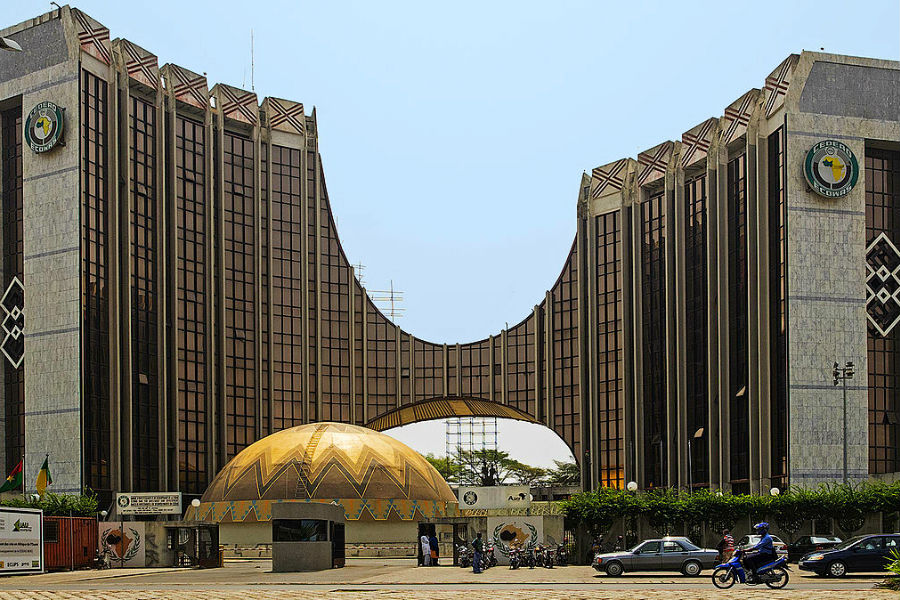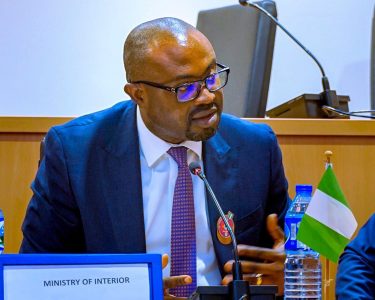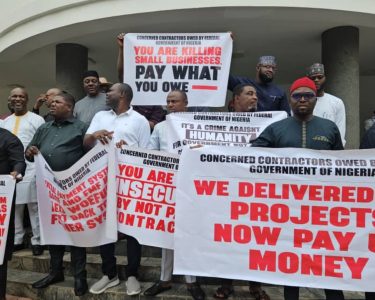Lagos-Calabar Highway
ECOWAS development bank approves $100m for project amid cost and legal concerns
Summary
- EBID funds 47.7-km stretch of Lagos-Calabar Coastal Highway under $5bn regional plan
- Project expected to boost GDP, trade, and create over 100,000 jobs
- High costs and legal battles raise concerns over transparency and land rights
Lagos, Nigeria – The ECOWAS Bank for Investment and Development (EBID) has approved $100 million in funding for the construction of a 47.7-kilometre segment of Nigeria’s ambitious Lagos-Calabar Coastal Highway, marking a significant milestone in the country’s infrastructure development drive.
The funding, announced after the 92nd Ordinary Session of EBID’s Board of Directors on 30 June 2025, is part of a wider $5 billion regional investment package aimed at strengthening economic growth, industrialisation, and trade within West Africa.
The highway, a flagship project of President Bola Tinubu’s Renewed Hope Agenda, will eventually span 700 kilometres across nine coastal states. The $100 million will support Section 1, Phase 1, which begins at Ahmadu Bello Way in Lagos and extends toward the Lekki Deep Sea Port.
The Federal Executive Council had earlier approved ₦1.067 trillion (approximately $711 million) for this phase, meaning EBID’s funding covers only part of the total cost.
By design, the highway seeks to enhance access to ports, agro-industrial zones, and regional markets. Officials project it will boost Nigeria’s GDP by $45 billion in five years and generate over 100,000 jobs during construction, with an additional 20,000 permanent jobs thereafter.
As of June 2025, 30 kilometres of the 47.7-km stretch had been completed, with President Tinubu commissioning the first completed segment in May. Minister of Works David Umahi has defended the project’s high cost, between $15.7 and $17.9 million per kilometre, by citing durability and the scale of work involved.
However, the highway has sparked controversy over its cost and implementation. Critics point to the sharp contrast with other African infrastructure projects, such as the Cairo-Cape Town Highway, which costs just $156,000 per kilometre. There are also concerns about transparency and potential favouritism in awarding contracts worth over ₦3 trillion.
Legal disputes have also marred progress. A ₦1 billion lawsuit against the Federal Ministry of Works was dismissed in June 2025, but a coalition of foreign investors has filed a $250 million suit over alleged demolitions and constitutional breaches. Landowners in Okun-Ajah, Eti-Osa, are also challenging the government in court over the demolition of an 18.8-hectare estate.
In response to growing tensions, the Lagos State Government suspended planning approvals along the highway’s route in June to review its urban development impact. Public opinion remains divided: while some praise the project’s transformative potential, others criticise it as a case of “double taxation” due to proposed tolling.
The $100 million allocation for the Lagos-Calabar project is part of EBID’s broader regional push, which also includes investments in Guinea, Côte d’Ivoire, and Togo. EBID has so far committed over $4.5 billion to regional development, aligning its efforts with the UN Sustainable Development Goals, particularly infrastructure and energy.
Despite the legal and fiscal challenges, the highway remains a priority for the Nigerian government, and observers say its success or failure could shape future large-scale public-private infrastructure initiatives in the region.







